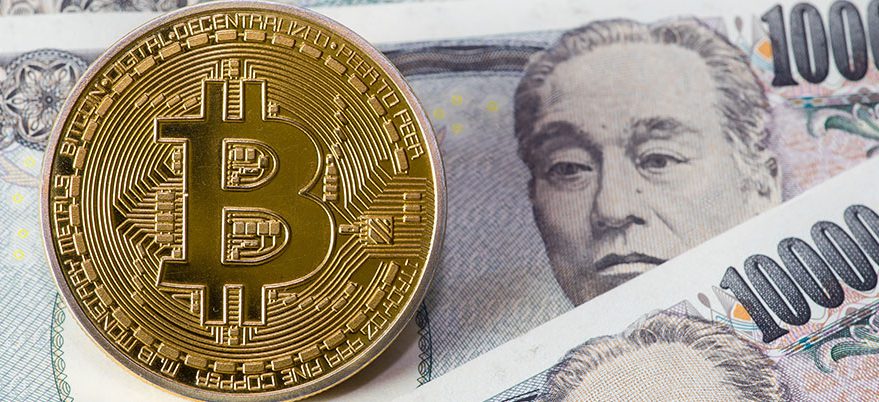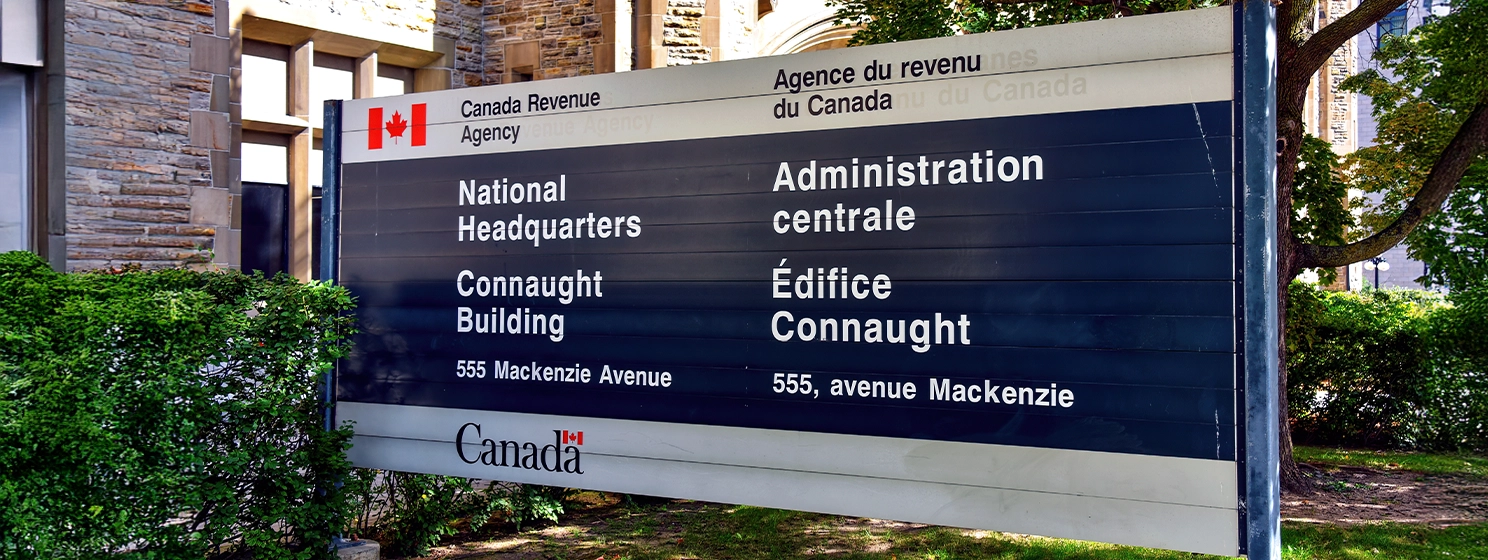|
Getting your Trinity Audio player ready...
|
In yet another example of Japan doing things right, the Japanese Financial Services Agency (FSA) has allowed four new cryptocurrency exchanges to operate—legally—in the country.
On its website, the FSA identified the newly-approved exchanges: Tokyo Bitcoin Exchange Co. Ltd., Bit Arg Exchange Tokyo Co. Ltd., FTT Corporation, and Xtheta Corporation. Of these four, only Xtheta has the license to trade ether (ETH), Bitcoin Cash (BCH), Ripple (XRP), Litecoin (LTC), Ethereum Classic (ETC), NEM (XEM), monacoin (MONA), and counterparty tokens (XCP). The other three have been approved to trade BTC only, according to a news.Bitcoin.com report.
The four companies join the other 11 exchanges that have secured the FSA license to legally operate in Japan. In October, the government agency allowed Bitbank, BitFlyer, BitPoint, BitTrade, BTCBox, Fisco Virtual Currency Exchange, GMO Coin, Money Partners, Quoine, SBI Virtual Currencies, and Tech Bureau to trade cryptocurrencies including BCH, BTC, ETH, ETC, XRP, and XXCP, among others.
According to the FSA, the 15 companies “correspond to the definition under the fund settlement law.” This law, which went into effect last April 1, accepted that cryptocurrencies have “asset-like values” that can be used “as payment to indefinite parties for the cost of purchase or rent of items or receipt of services and which can be transferred by means of electronic data processing systems.”
Under the fund settlement law, domestic digital currency exchanges must meet a number of requirements, including having a minimum capital of JPY10 million (US$88,500) as well as an IT system capable of theft and loss prevention. The exchanges are also required to establish systems and processes for employee training, internal rules, governance and outsourcing guidance.
Yuzo Kano, chief executive officer of BitFlyer, said the government’s new legal framework for cryptocurrencies cements Japan’s position as the epicenter for Bitcoin.
“Japan has been exploding with demand for both Bitcoin trading as well as virtual currency services,” Kano said in a statement. “The FSA’s approval for bitFlyer to operate as a Registered Virtual Currency Exchange, and the agency’s openness and forward thinking regulation could not come at a better time for the Blockchain space.”

 12-13-2025
12-13-2025 





